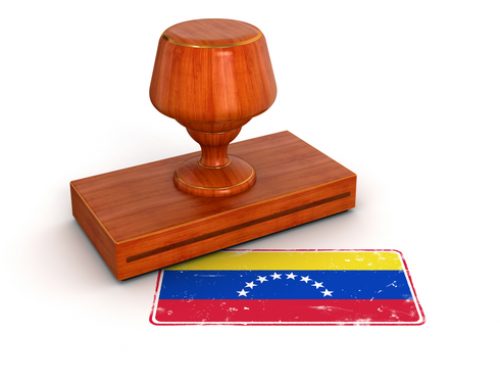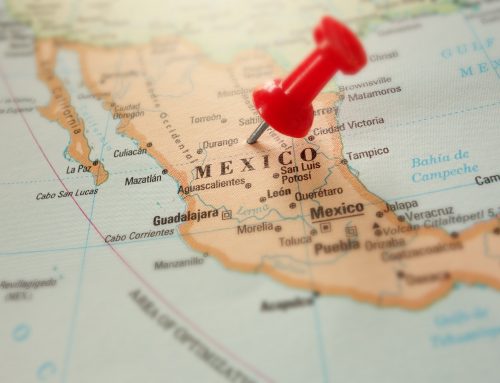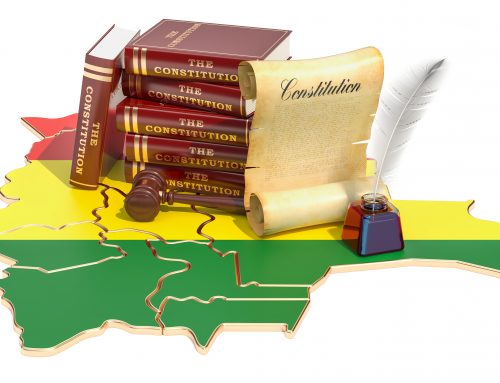
Through the Patent Cooperation Treaty (PCT), a patent can be sought simultaneously in all member countries of the treaty, within a longer time limit than the one of national applications. All contracting countries of the Treaty, more than 148 to date, are automatically appointed. Countries that are not on the list or that are in the list but have not enforced the treaty are not covered by the PCT international application and the application must be made through the Paris Convention, i.e. within one year the first application. Examples of these countries in Latin America are: Argentina, Uruguay, Paraguay, Venezuela and Bolivia.
However, there seems to exist the erroneous notion that the international application procedure of the PCT grants protection among all the member states with a sole application. For that particular reason, it is important to remark that the PCT procedure does not grant patent internationally; what it allows is:
- In contrast to the traditional system of the Paris Convention which allows interested parties to submit applications within the year following the first application in different countries, with the PCT system has up to 30 or 31 months to apply for patents in different countries (national phase), also offering a preliminary review of the potential award. Given that the process of patenting inventions in various countries is very expensive, the temporary increase to find investors to enable it to cover these costs.
- Member countries, receiving a result of the international search, and if a written report of the preliminary examination or upon which to build for the grant or refusal of the patent, thereby reducing the workload of the office review patent.
In relation to the additional costs of achieving patents in these countries should be aware that once the process completed PCT-International Phase with either a written opinion or report of positive or negative preliminary examination must then decide which countries he finally wants to patent the invention. As soon countries are chosen, the patent must be translated into the local language if necessary, make appropriate inquiries legalization of powers and should start PCT-National Phase phase where they will proceed to apply at each countries want the protection to be granted or refused according to particular national patent laws in each country.
The PCT in Latin America: Proceed with caution.
Given the widespread adoption of the PCT treaty by most of the open economies of the world, it is a common mistake to simply assume that your patent registration plan will have the benefits of the PCT time limits in all countries where the application is to be filed. However, as shown by the map here below, a significant number of countries in South America have not entered or implemented the Patent Cooperation Treaty. In these countries (namely Argentina, Bolivia, Venezuela, Uruguay, Paraguay, Guyana and Suriname) all patent applications will have to be filed as National Applications, with much shorter time limits for claiming a priority right.
On the other hand, three countries in the Latin American region have actually extended the already generous time limits of the PCT treaty. In the case of Ecuador, Colombia and Costa Rica these countries extended the time for filing the National Phase PCT Application to 31 months, a possibility that was allowed under article 22 of the treaty.




